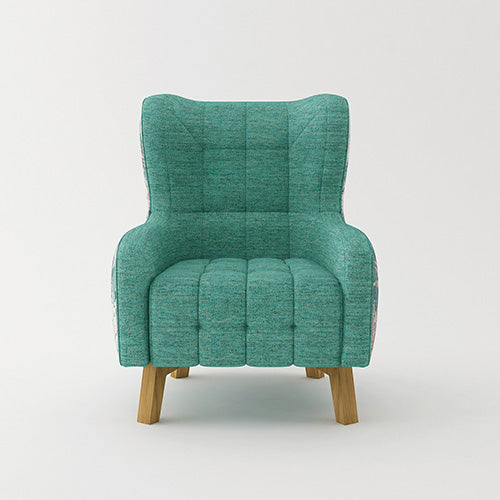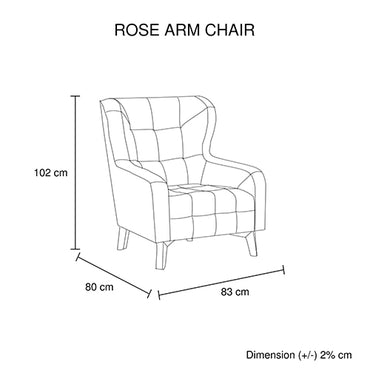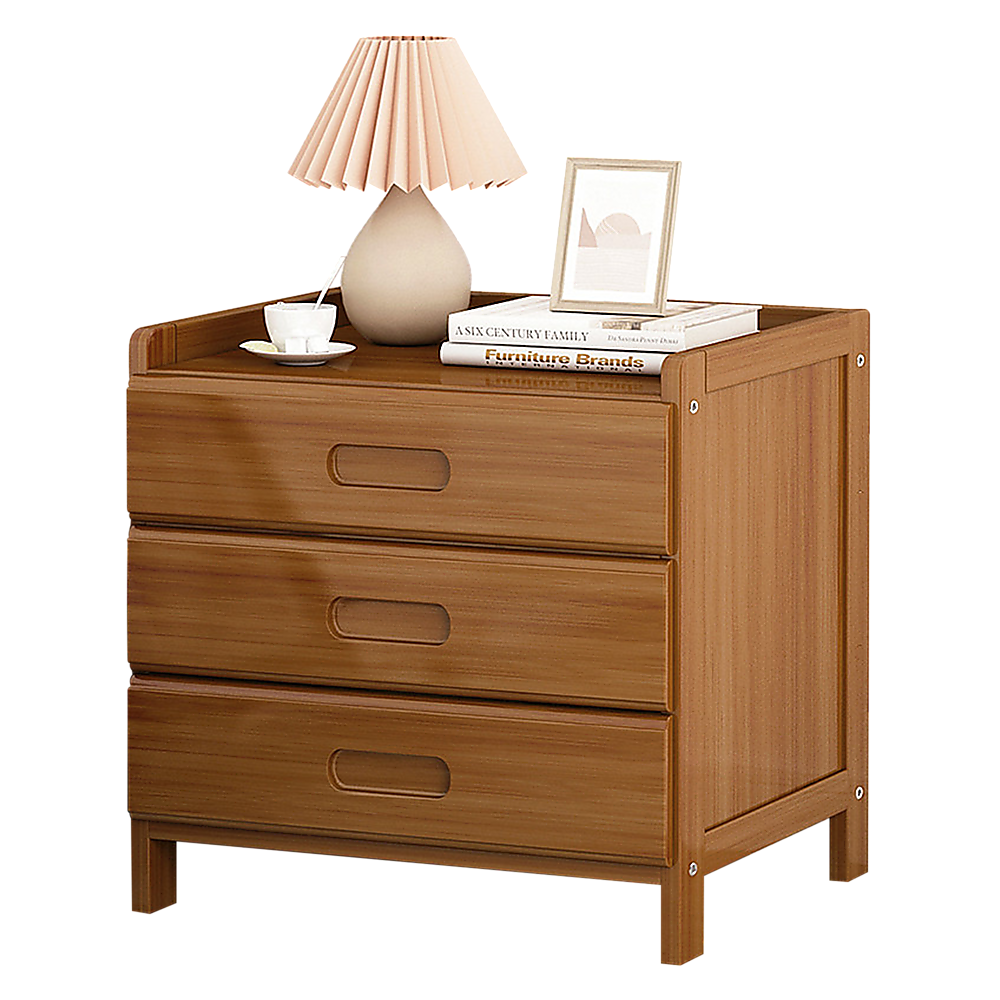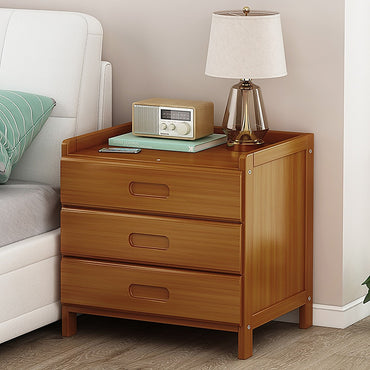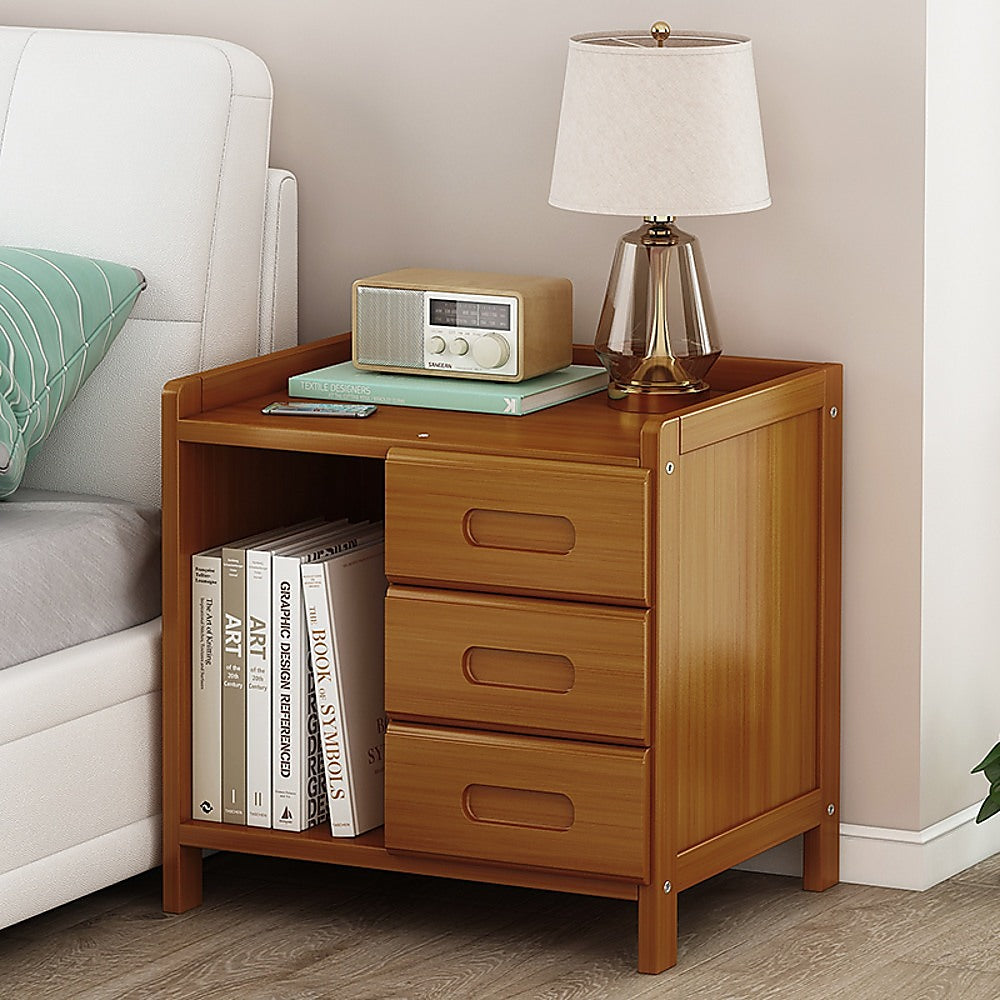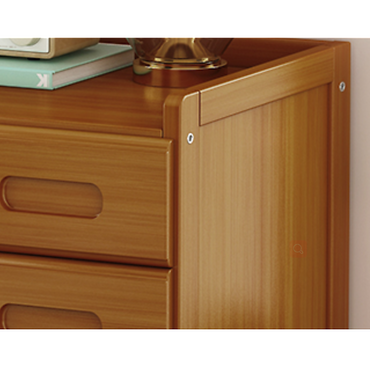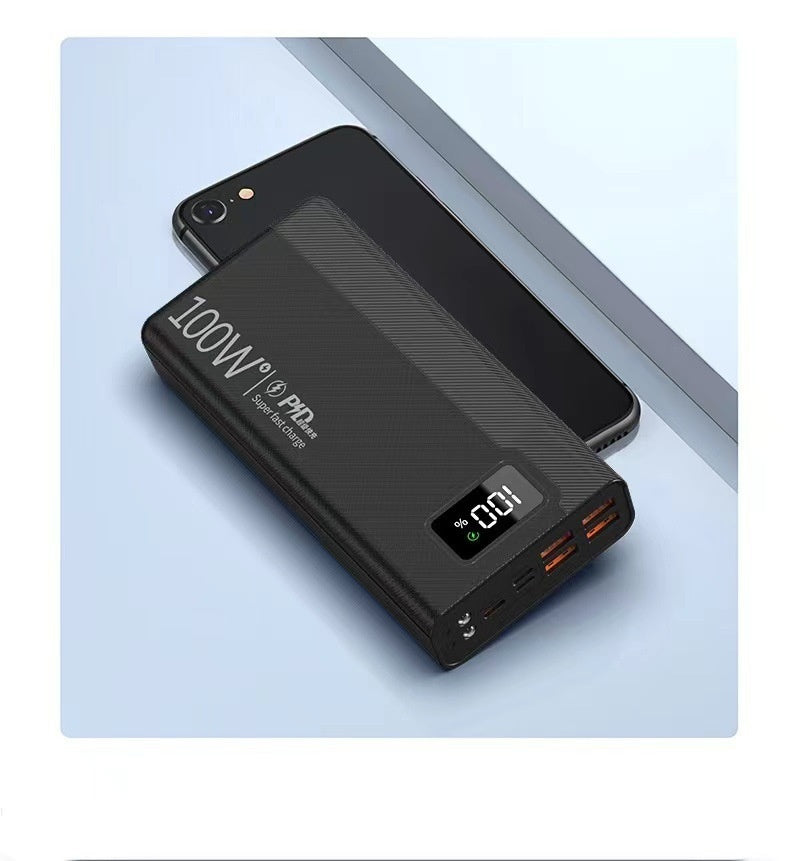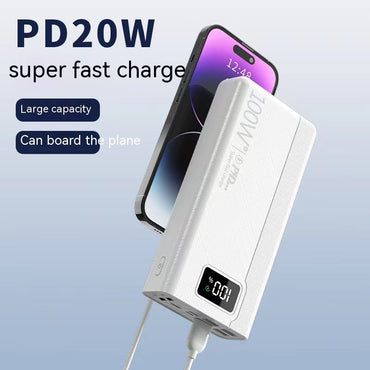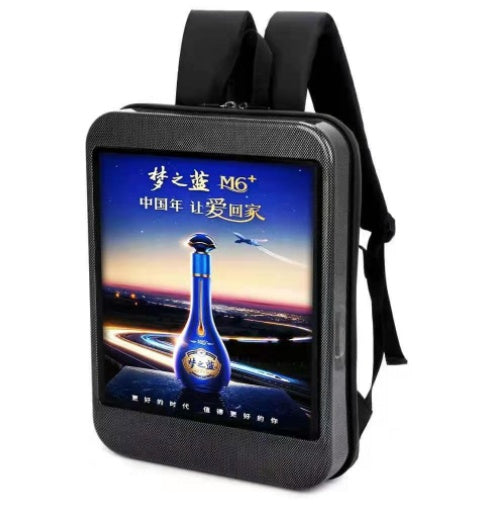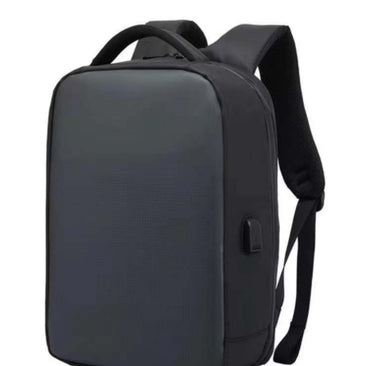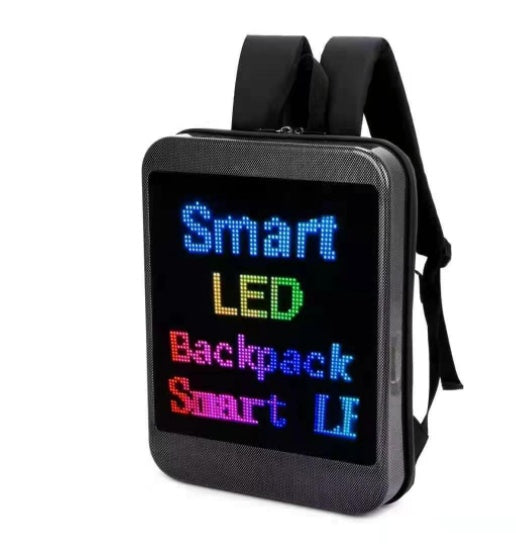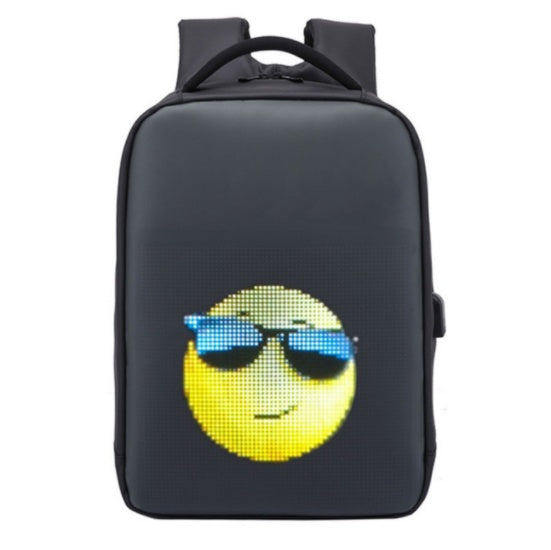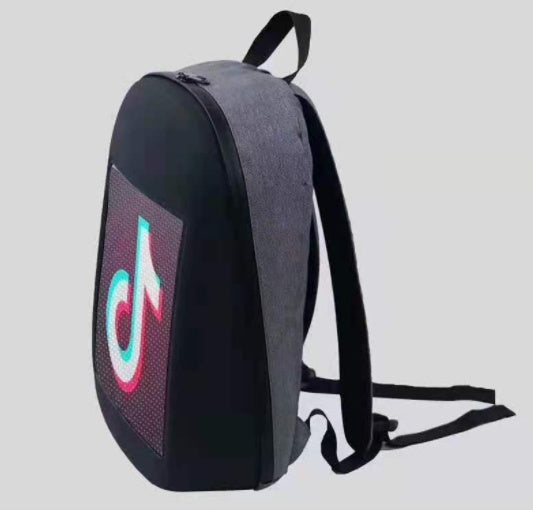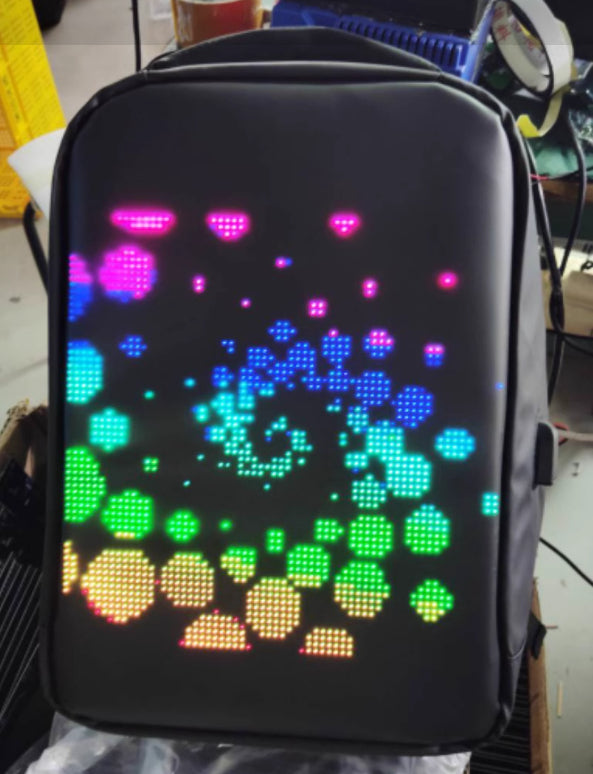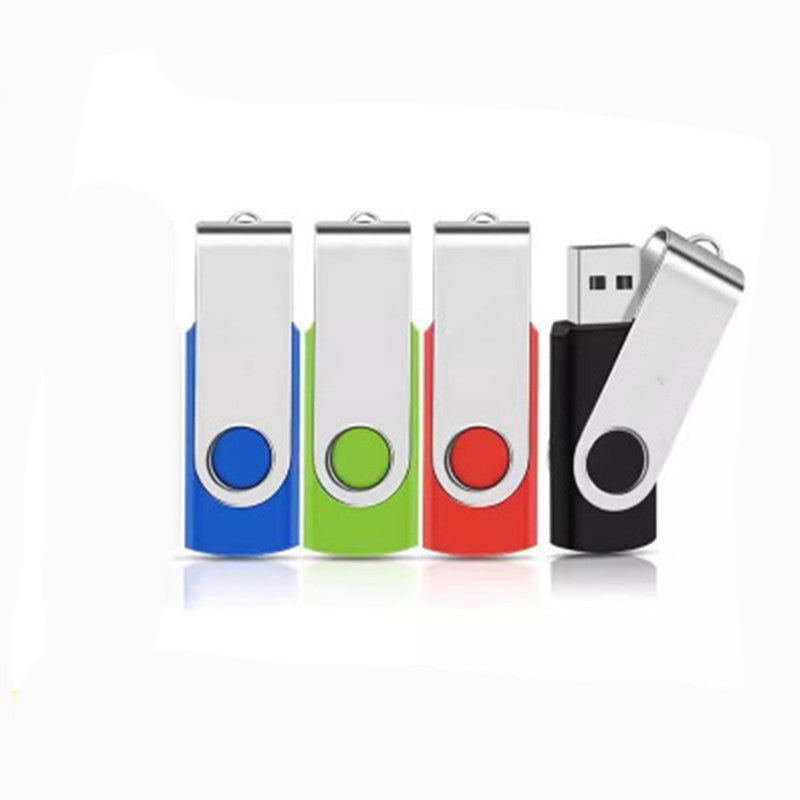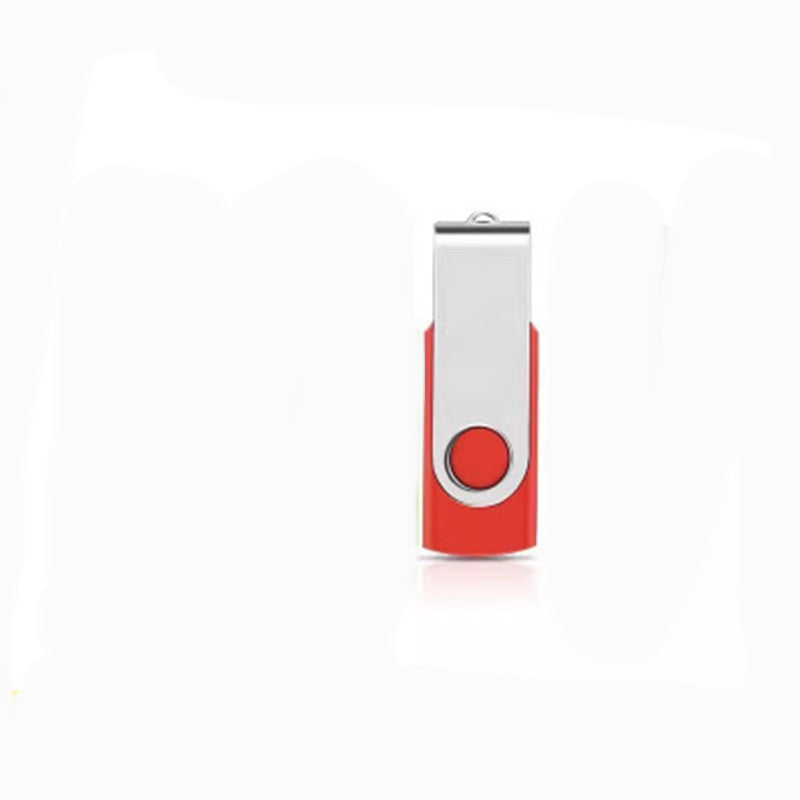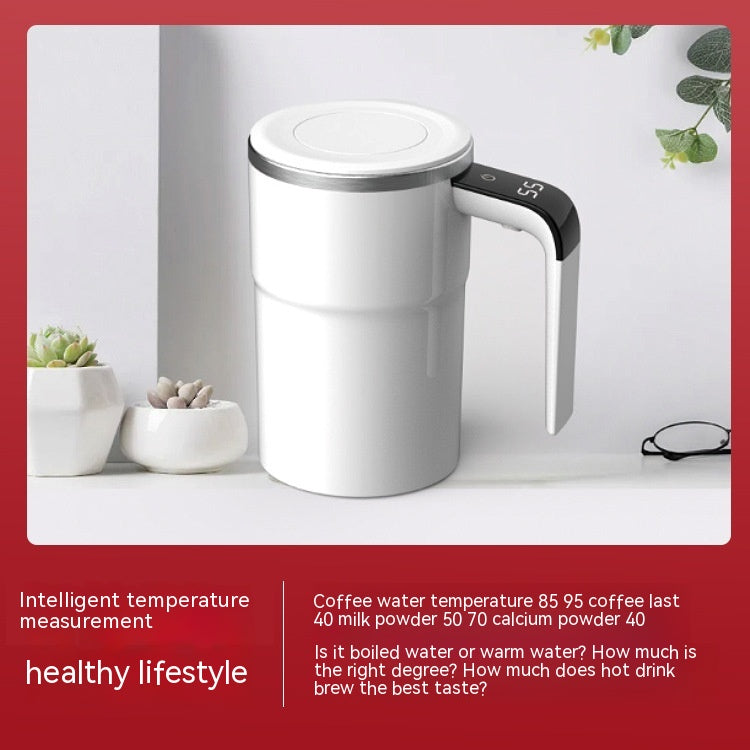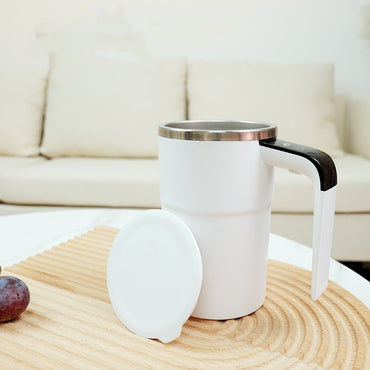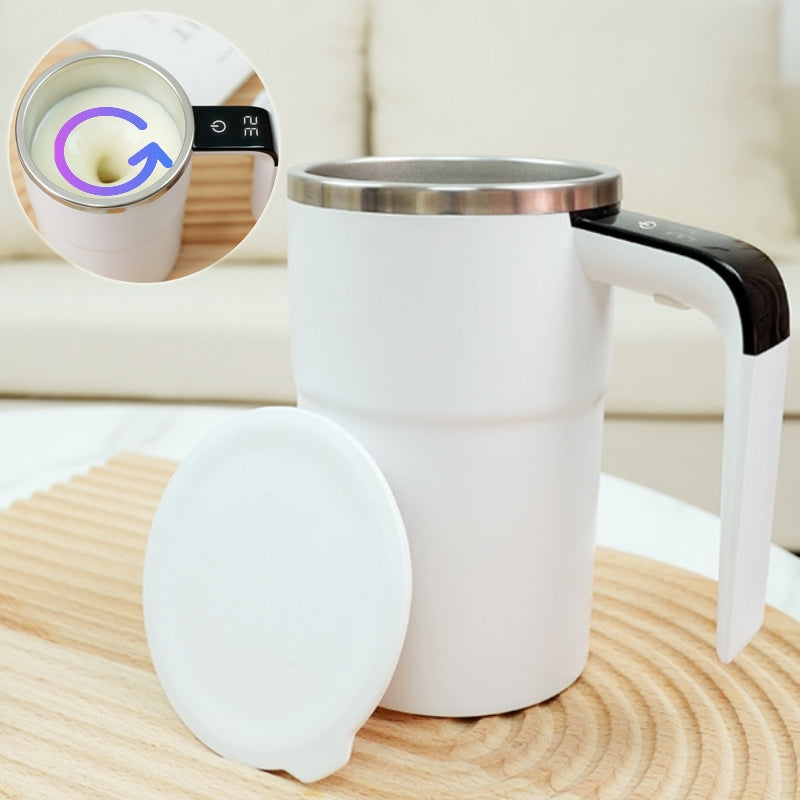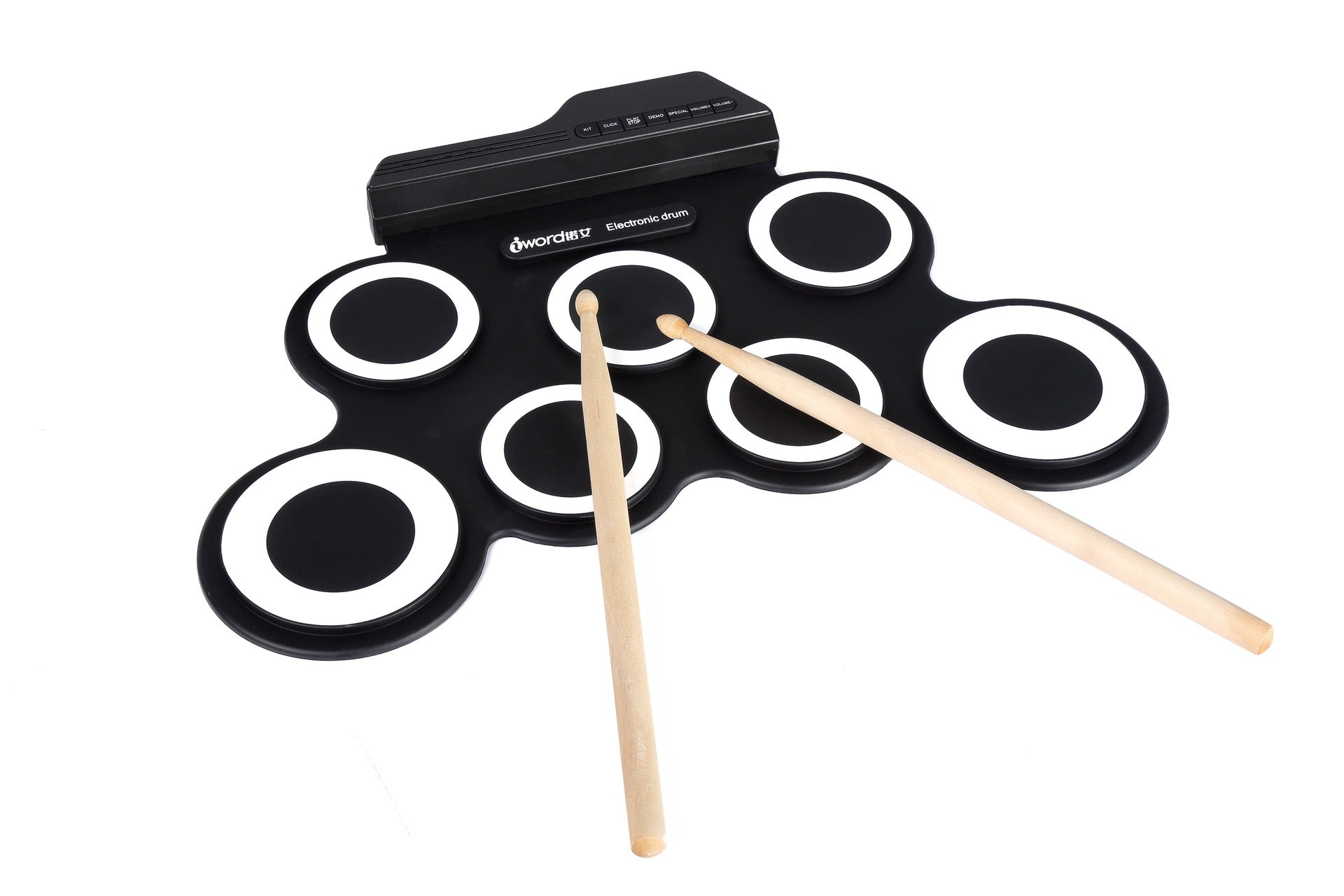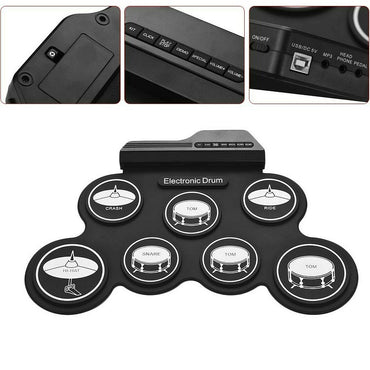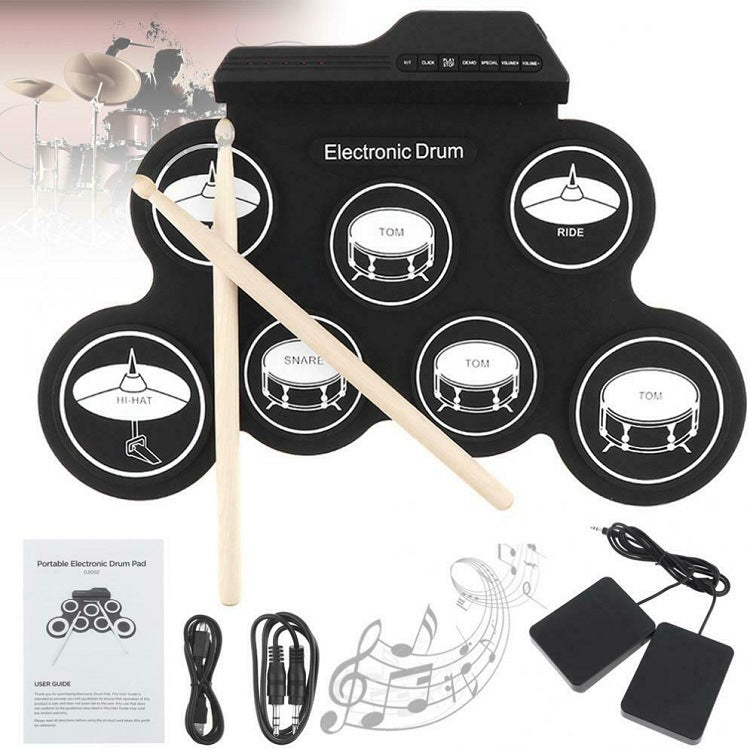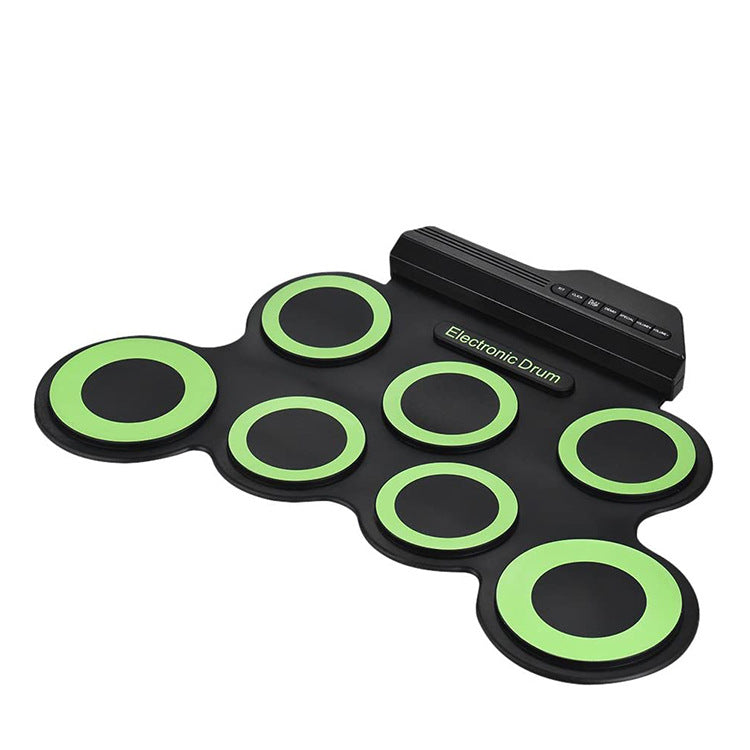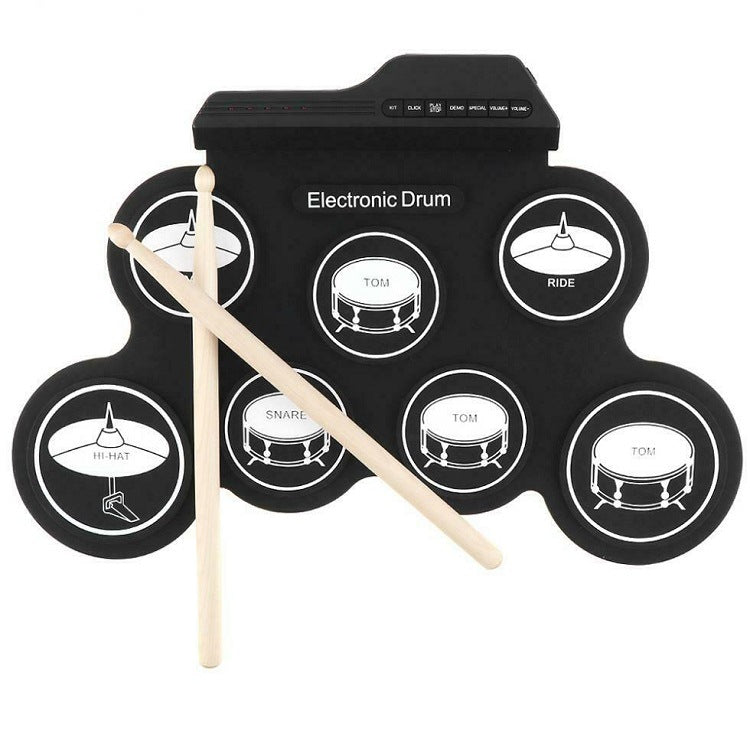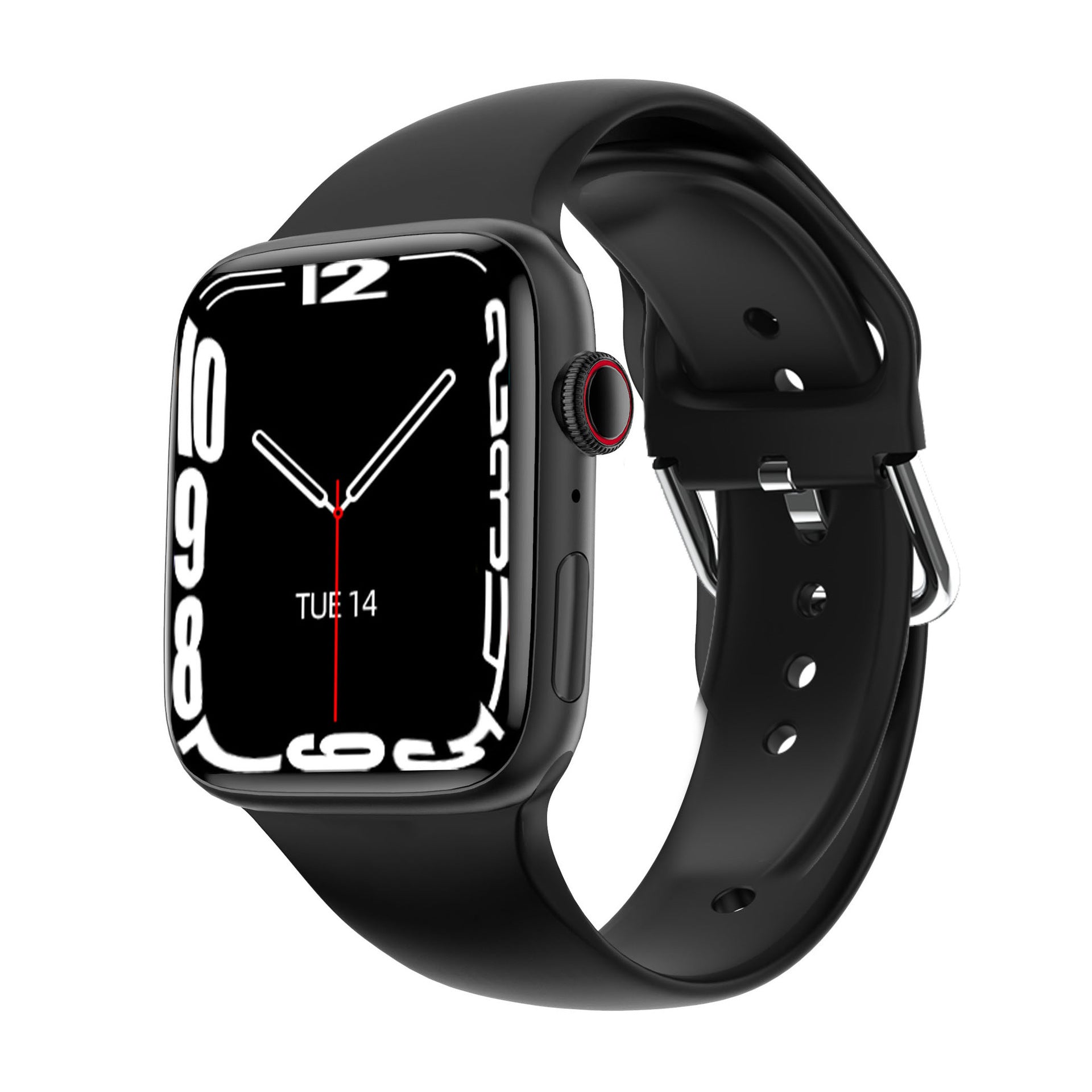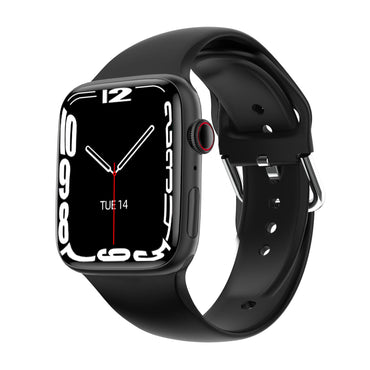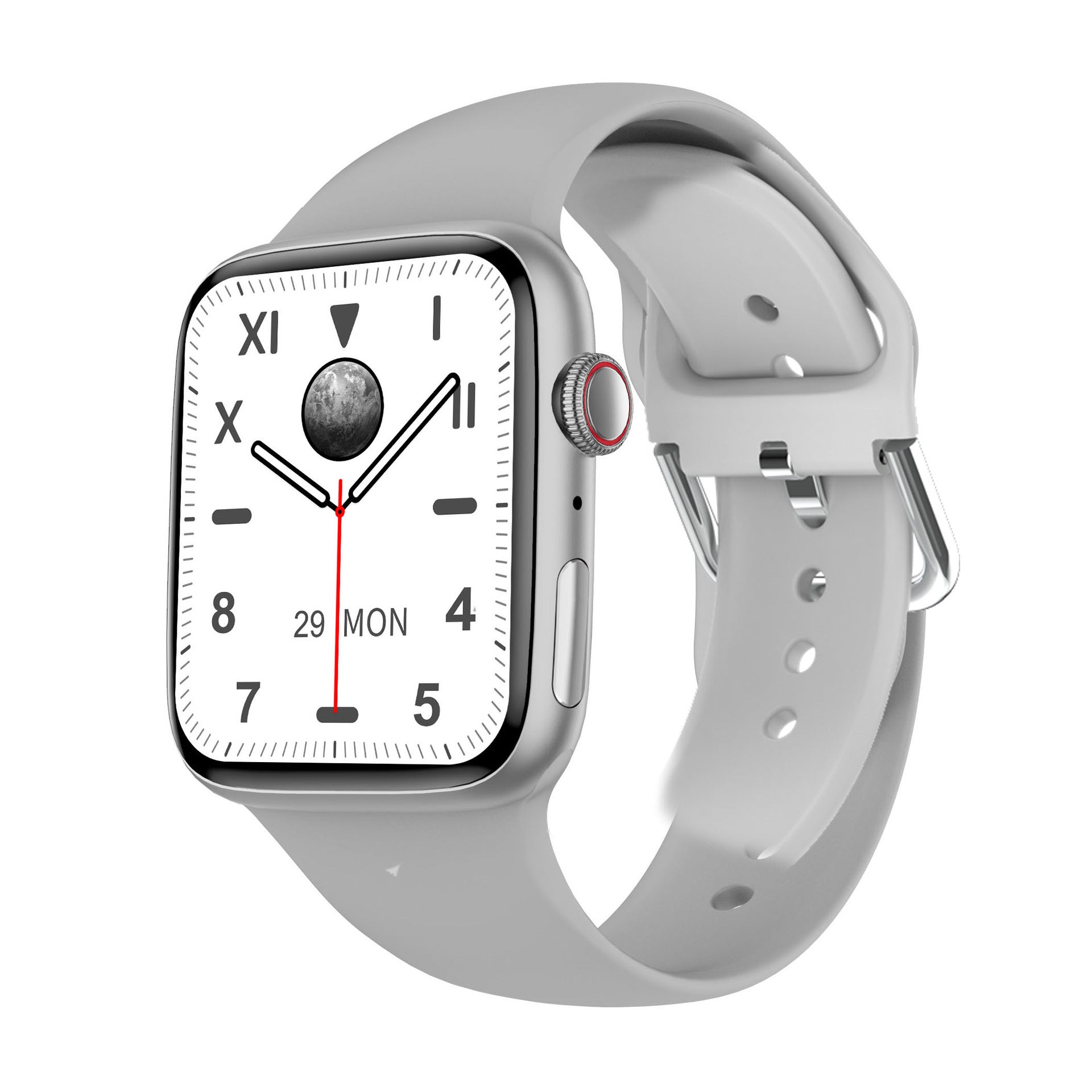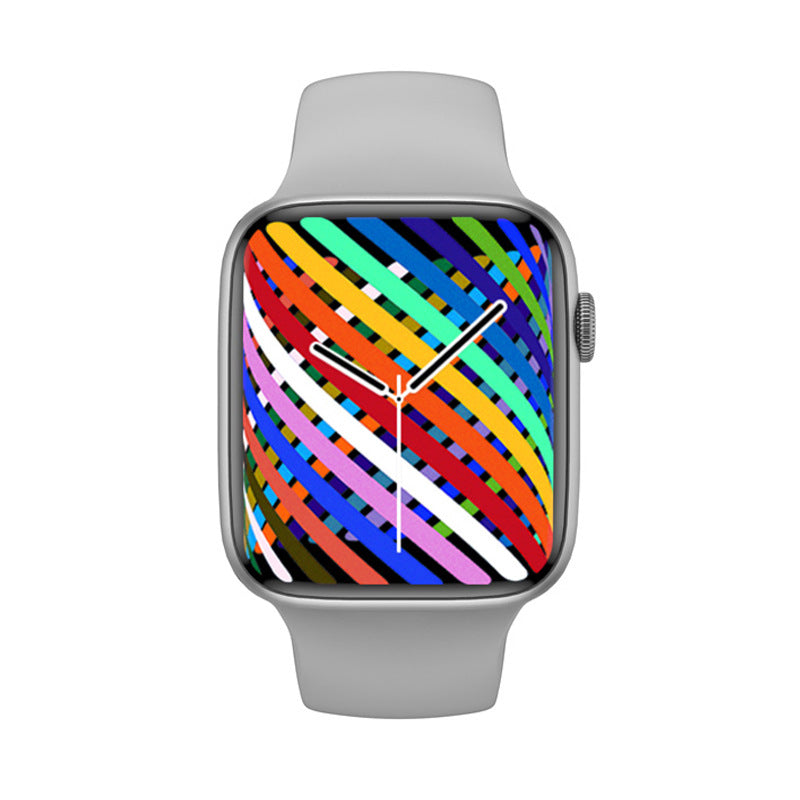Toys are an essential part of a child’s development, and they play a crucial role in shaping their minds. Here are ten ways toys can help train your child’s mind:
- Improving hand-eye coordination: Toys that require fine motor skills, such as puzzles, building blocks, and jigsaw puzzles, can help improve hand-eye coordination.
- Enhancing problem-solving skills: Problem-solving toys, such as logic puzzles and mazes, challenge a child’s critical thinking and reasoning skills, helping them to develop problem-solving skills.
- Boosting creativity: Toys that allow for open-ended play, such as art sets, building sets, and costumes, encourage children to use their imaginations and express their creativity.
- Fostering imagination: Dolls, action figures, and play sets can be used to create stories, scenarios, and worlds, helping children to develop their imaginations and creativity.
- Encouraging role play: Role-play toys, such as kitchen sets and doctor’s kits, allow children to act out different scenarios and roles, developing their social and emotional skills.
- Developing fine motor skills: Fine motor skills can be improved through the use of toys such as tweezers, snap beads, and other small manipulative toys.
- Improving spatial awareness: Building sets, such as blocks and Lincoln Logs, help children understand spatial relationships and develop spatial awareness.
- Developing language skills: Talking and singing toys, such as baby dolls and teddy bears, can help children practice their language skills and develop their vocabulary.
- Enhancing memory skills: Memory games and matching games, such as memory cards and matching puzzles, help improve children’s memory and recognition skills.
- Boosting self-confidence: Children can build self-confidence through play, such as with dress-up clothes and pretend play, as they explore new roles and situations.
In conclusion, toys play a critical role in the development of children’s minds. By providing opportunities for hands-on play and exploration, toys help children improve their motor skills, problem-solving skills, creativity, language skills, memory, and self-confidence.



